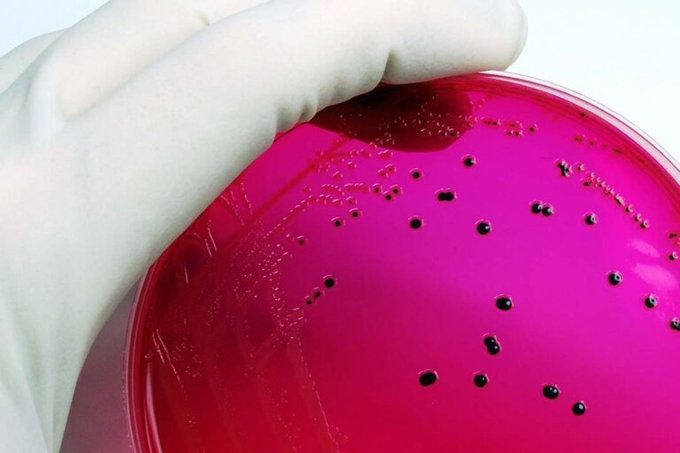November 25, 2025 | 13:32 GMT +7
November 25, 2025 | 13:32 GMT +7
Hotline: 0913.378.918
November 25, 2025 | 13:32 GMT +7
Hotline: 0913.378.918
The FSA doubts whether risk mitigation measures put in place by Poland are sufficient to control the contaminations.

The FSA wants to know the plans the EU Commission and Poland have in place to resolve the ongoing threat of Salmonella to UK public health. Photo: Canva
The FSA has written to the Crisis Preparedness in Food, Animals and Plants department of the Directorate General for Health and Food Safety of the European Commission to ask for an update on the plans the EU Commission and Poland have in place to resolve the issue and resolve the ongoing threat to UK public health. The letter was sent in December but recently made public after an Freedom of Information request.
“You will be aware that outbreaks of Salmonella enteritidis linked to Polish poultry meat, poultry products, and eggs have been ongoing in the UK since 2016. Since 2019, the UK has detected 6 significant outbreaks, resulting in around 2,680 human cases and several deaths. We have written to you previously seeking assurance that suitable risk mitigation measures be implemented to control this issue,” the FSA says.
In August 2022, the British food safety authority understood that the situation had improved following the introduction of enhanced control measures within Poland. “However, we are again seeing an increase in reports of Salmonella-contaminated poultry products from Poland being placed on the UK market.”
From May to November 2023, a total of 66 cases were reported. Therefore, the FSA says it is increasingly concerned that the risk mitigation measures put in place by Poland are not appropriately controlling Salmonella contamination as is required.
The FSA now asks for a comprehensive review of the controls implemented to date, including the outcome of actions taken so far. Furthermore, it demands information on the measures and systems that will be introduced to prevent products contaminated with Salmonella being exported to the UK.
Owing to the significant public health risks posed to the UK by affected Polish products, the FSA is considering the options available to protect UK consumers. This includes the potential for safeguard measures on affected products. The FSA ends by saying it would be happy to arrange a technical meeting between relevant officials to discuss how best to resolve this issue.
(PW)

(VAN) Brazil's COP30 presidency pushed through a compromise climate deal on Saturday that would boost finance for poor nations coping with global warming but that omitted any mention of the fossil fuels driving it.

(VAN) Poultry farmers in the UK have been warned that they could face one of the worst winters yet for bird flu.

(VAN) Prices of main-crop paddy have risen sharply, with jasmine rice hitting 16,100 baht per tonne — the highest level in years.

(VAN) In Brazil, FAO unveiled a series of reports and initiatives showing how sustainable agrifood systems are a solution to the climate crisis.

(VAN) With names like neodymium and dysprosium, rare-earth elements sound exotic — and their perceived scarcity has only added to the mystique.

(VAN) In a new study published in Trends in Biotechnology, researchers used a gene-editing technology called CRISPR to increase a fungus's production efficiency and cut its production-related environmental impact by as much as 61%- all without adding any foreign DNA.

(VAN) A top official in Beijing’s Cop delegation says China is committed to clean energy – but US’s absence is a problem.